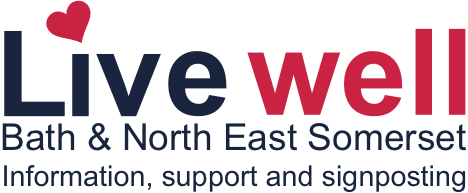The SEND Code of Practice defines Special Educational Needs (SEN) as:
- A child or young person who has a learning difficulty or disability which calls for special educational provision to be made for him or her:
- A child of compulsory school age or young person has a learning difficulty or disability if he or she has significantly greater difficulty in learning than the majority of others of the same age, or
- Has a disability, which prevents or hinders him/her making use of educational facilities of a kind generally provided for others of the same age in mainstream educational settings.
The vast majority of children and young people with special educational needs and/or disability (SEND) are supported in local mainstream schools.
When progress continues to be less than expected the school’s Special Educational Needs Coordinator (SENCO) may be involved to ensure that needs are identified accurately and that appropriate support is put in place. This is called the Graduated Approach.
Once the special educational need (SEN) is identified it is very important that special educational provision is made. The provision should be evidence based, focused on the identified need and its impact should be monitored over time. The assessment process and information gathering should include early discussion with the child/ young person and their family. In Bath and North East Somerset, children and young people will have a SEN Support Plan.
For information relating to a child in early years, please visit the Early Years SEN Support page.
How can I request SEN support for my child?
If at any time you are concerned about your child please arrange an appointment with your child’s class teacher/ form tutor or the Special Educational Needs Coordinator (SENCo) as soon as possible; an initial phone call or letter might also be a good start.
If you require any extra advice and information, there are a number of sources of information, advice and support available.
To find out more about SEN support you can contact the SEND Service using the contact form or call 01225 394306.
Where can my child access SEN support?
SEN Support is provided at the school level and should be documented in a SEN Support Plan that the school will share with you and review. This could take a number of forms, including:
- a special learning programme for your child
- extra help from a teacher or a learning support assistant
- making or changing materials and equipment
- working with your child in a small group
- observing your child in class or at break and keeping records
- helping your child to take part in the class activities
- making sure your child has understood things by encouraging them to ask questions and to try something they find difficult
- helping other children work with your child, or play with them at break time
- supporting your child with physical or personal care, such as eating, getting around school safely, toileting or dressing.
- advice and/or extra help from specialists such as specialist teachers, educational psychologists, and therapists.
Involving children / young people
We want to encourage all children/young people, including those with SEN, to make decisions about their education. All children/young people are expected to evaluate their own learning success and discuss their needs with their teacher; this may be achieved by asking questions in lessons or setting targets.
Children/young people with SEN support have a plan that outlines the support needed to achieve additional agreed outcomes and to help them become better prepared for adulthood. These outcomes are decided with the child/young person and with parents and recorded on the support plan.
What happens if my child doesn't make expected progress?
Your child may require additional support beyond universal SEN support. In this case, the may need an Education, Health and Care Plan Needs Assessment.
Last updated: 11 February 2026
